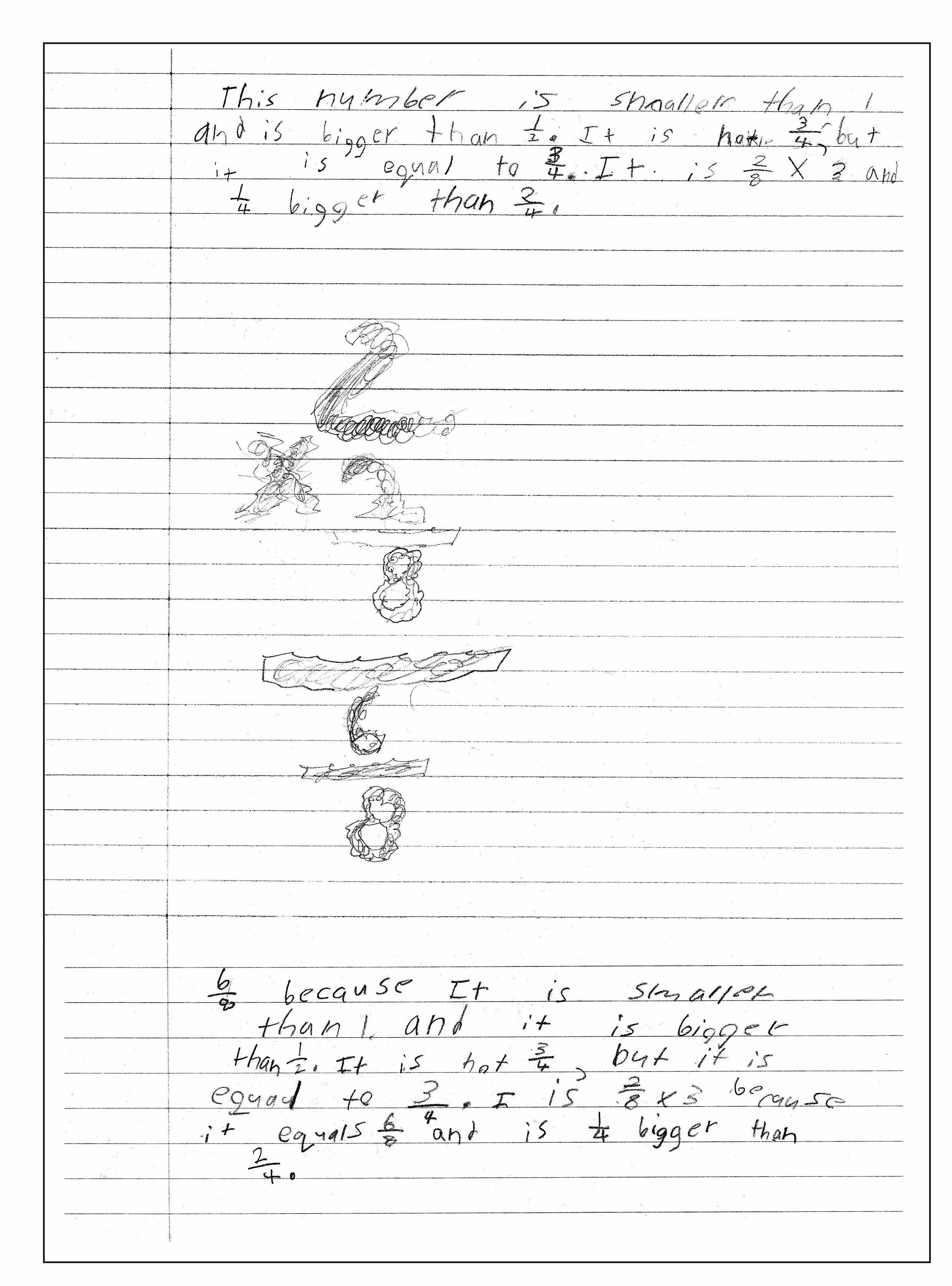Good teaching starts with an operational definition of teaching. There are three common views of what constitutes teaching: teaching as transmission, teaching as transaction, and teaching as transformation (Miller, 1996).
Teaching as Transmission. From this perspective, teaching is the act of transmitting knowledge from Point A (teacher’s head) to Point B (students’ heads). This is a teacher-centered approach in which the teacher is the dispenser of knowledge, the arbitrator of truth, and the final evaluator of learning. A teacher’s job from this perspective is to supply students with a designated body of knowledge in a predetermined order. Academic achievement is seen as students’ ability to demonstrate, replicate, or retransmit this designated body of knowledge back to the teacher or to some other measuring agency or entity. From this perspective standardized tests are considered to be an apt measure of students’ learning. While there are specific instances when this approach is useful, I find little research support for this as a general approach to teaching and learning.
Teaching as Transaction. From this perspective, teaching is the process of creating situations whereby students are able to interact with the material to be learned in order to construct knowledge. Constructivism is an educational philosophy consistent with this view. Here, knowledge is not passively received; rather, it is actively built up or constructed by students as they connect their past knowledge and experiences with new information (Santrock, 2004). And just as each student’s past knowledge and experiences are different, so too is the interpretation, understanding, and meaning of the new information that each ultimately constructs.
Teachers are not expected to pour knowledge into the heads of learners; rather, they assist learners in their construction of knowledge by creating experiences where students’ old information can transact with new information to create meaningful knowledge (knowledge that is connected to something students already know). Academic achievement from a constructivist perspective is seen as students’ ability to use this knowledge to solve real-world problems or to create products or performances that are valued in one or more cultural settings.
Teaching as Transformation. From this perspective, teaching is creating conditions that have the potential to transform the learner on many different levels (cognitive, emotional, social, intuitive, creative, spiritual, and other). Transformational teaching invites both students and teachers to discover their full potential as learners, as members of society, and as human beings. The ultimate transformational goal is to help develop more nurturing human beings who are better able to perceive the interconnectedness of all human, plant, and animal life (Narve, 2001). Holistic education is an educational philosophy consistent with the transformative view (Miller, 1996). Learning is said to have occurred when these experiences elicit a transformation of consciousness that leads to a greater understanding of and care for self, others, and the environment. Academic achievement from this perspective is similar to self-actualization. That is, it is perceived as discovering and developing each individual’s unique talents and capabilities to the fullest extent possible. Academic achievement also involves becoming aware of the multiple dimensions of self and expanding one’s consciousness.
TRANSFORMING EDUCATION
2 THE BIG BOOK OF CONFLICT-RESOLUTION GAMES real-life situations, especially in the realms of competition and coopera-tion, games can reveal the typical way conflict is dealt with in the team. Teams can begin to understand their usual reactions, and then go on to discover more effective strategies for dealing with similar situations. View Academics in Teaching basketball by Teaching games for understanding on Academia.edu.
`Learning can take place using all three views or approaches; however, it is my observation that the most powerful and sustaining learning experiences are created when transactional and transformational approaches are used predominately.

The transformational view of teaching incorporates the basic elements of constructivism and adds meaning, consciousness, and interconnectedness. Public schools operating from this perspective are places of inquiry where questions become just as important as answers. The primary role of teachers here is to enable students to discover and embrace their inner core and develop their interests and unique talents to the fullest extent possible; in other words, self-actualization. Curricula are a means to this end, not an end in and of itself. Academic achievement becomes closely linked with self-actualization and is highly individualized. Personalized goals as well as authentic assessment are used to describe learning. Schools and teachers are held accountable by assessing students’ and teachers’ movement toward personalized goals and by examining the extent to which students are engaged in meaningful learning experiences.
RELATED VIDEOS


This is an excerpt from my book, This is an excerpt from my book, Making Connection in Elementary and Middle School Social Studies (2nd ed) (2010), published by SAGE Publishing.
REFERENCES
Miller, J.P. (1996) The Holistic Curriculum. Toronto: OISE Press.
Narve, R.G. (2001). Holistic education: Pedagogy of universal love. Brandon, VT: Foundation for Educational Renewal.
3) Personal Viewsteaching Games For Understanding Money
Santrock, J. W. (2004). Educational Psychology. Second edition. Boston, MA: McGraw-Hill.
